The Human Factor Behind A.I.
A.I. Poetries of Female and Non-Female Beings in Gas Stations at Night
Though conceived long before artificial intelligence became the popular force it is today, Cristina Iliescu’s debut short offers a compelling reminder of our latent responsibility in the teething stages of machine learning.
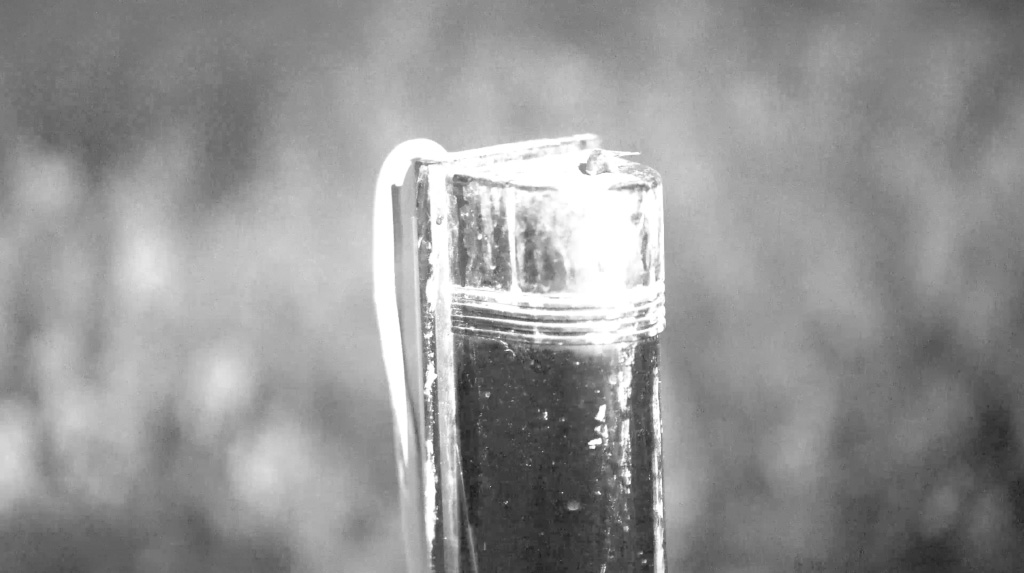
Midway through Cristina Iliescu’s debut short A.I. Poetries of Female and Non-Female Beings in Gas Stations at Night (2022), a lustrously lit petrol station appears uniquely suspended in total darkness. There, in the wide-angle view of the facility isolated from its surroundings, lies the essence of the Romanian filmmaker’s first project, which screened at Ljubljana’s FeKK Film Festival in August as well as short film fests in Glasgow and Bucharest earlier this year. Iliescu draws on generally accessible technologies in order to ask the question, as outlined in her press notes, “how should one closely navigate female and non-binary experience through virtual mediation?” And what is a gas station if not a liminal space where the bodies that traverse it are in constant transition? A person enters, fills up their car, and drives on, thus mirroring the input-output process of machine learning. A.I. Poetries is a sinister reminder that there can be no artificial intelligence without human intelligence: from chatbots to deepfakes, new A.I. requires human input.
The experimental documentary shot by Iliescu and Robert Bitay is composed of a series of low-quality, wide-angle recordings of people using petrol stations late at night, which look as though they could have been filmed on a mobile phone camera. Iliescu employs an iPhone’s iOS predictive text feature (a software that uses machine learning to anticipate the next word a user will insert in a sentence) to create concrete poetry, which she places over these images. Although this may trick one into thinking that the artificial intelligence is interpreting and responding to its environment, I felt as though the film was drawing our attention to the human factor behind A.I., and the self-reinforcing bias exhibited by a training model. The model generally mimics the way the user communicates, which means what we listen to is an A.I.-generated version of Iliescu stitched together through simple sequences of words, sentences that are filled with questions, and references to Candy Crush and NFTs. Yet something switches; slowly, the model tries to contextualise what it is saying. Rather than drawing on simple word patterns, it looks back and draws on previous sentences to inform what comes next.
Perhaps ‘body’ is the lynchpin that starts the chain. The word is repeated consistently, and those associated with it are often gendered as feminine (“Woman’s body is your body with no body smallest body is maiden,” mumbles a drone-like voiceover), and those bodies are routinely pegged as weak or lethargic (“how can she still be laid on the sofa every day, even for her birthday”). Reverberating across the gas station footage, it’s as though the model is making sense of its own reality. Iliescu’s ecstatic electronic soundtrack inflects the film with an intriguing sense of dread. Low static hums and shrill wavering transmissions conjure a dystopian feel. Distorted visions of enormous headlights, their drivers, and the graveyard shifts workers that they converse with while enjoying little moments of relief, snacks, and cups of coffee in the cold air along the long roads ahead feel threatening and perverse. The flatness of the iPhone footage vies with sudden shifts in register to more decelerated, black-and-white sequences, which obscure and blend images together.
Although conceived long before artificial intelligence became the popular force it is today, A.I. Poetries offers a compelling reminder of our latent responsibility in the teething stages of machine learning. Artificial intelligence does not generate its own understanding of the world, and human intelligence is always going to be the foundation of its artificial counterpart. As machine learning becomes a crucial topic in our screen-infested world, as attested by the proliferation of A.I.-themed programmes across the festival circuit this year, the onus is upon us to assess whether films addressing the subject do so in an original and thought-provoking way. The sense of dread that A.I. Poetries wrings out from the structured data that is fed into our models is captivating, especially when we think about how much has changed since Iliescu started working on it in 2018. But I am left curious as to how it speaks to female and non-binary experiences, as the latter especially do not appear to be addressed through the film’s highly gendered texts and images in any specific way.
This text was developed during the European Workshop for Film Criticism #2—a tandem workshop set during Lago Film Fest and FeKK Ljubljana International Short Film Festival—and edited by tutor Leonardo Goi.
The European Workshop for Film Criticism is a collaboration of the European Network for Film Discourse (The END) and Talking Shorts, with the support of the Creative Europe MEDIA programme.

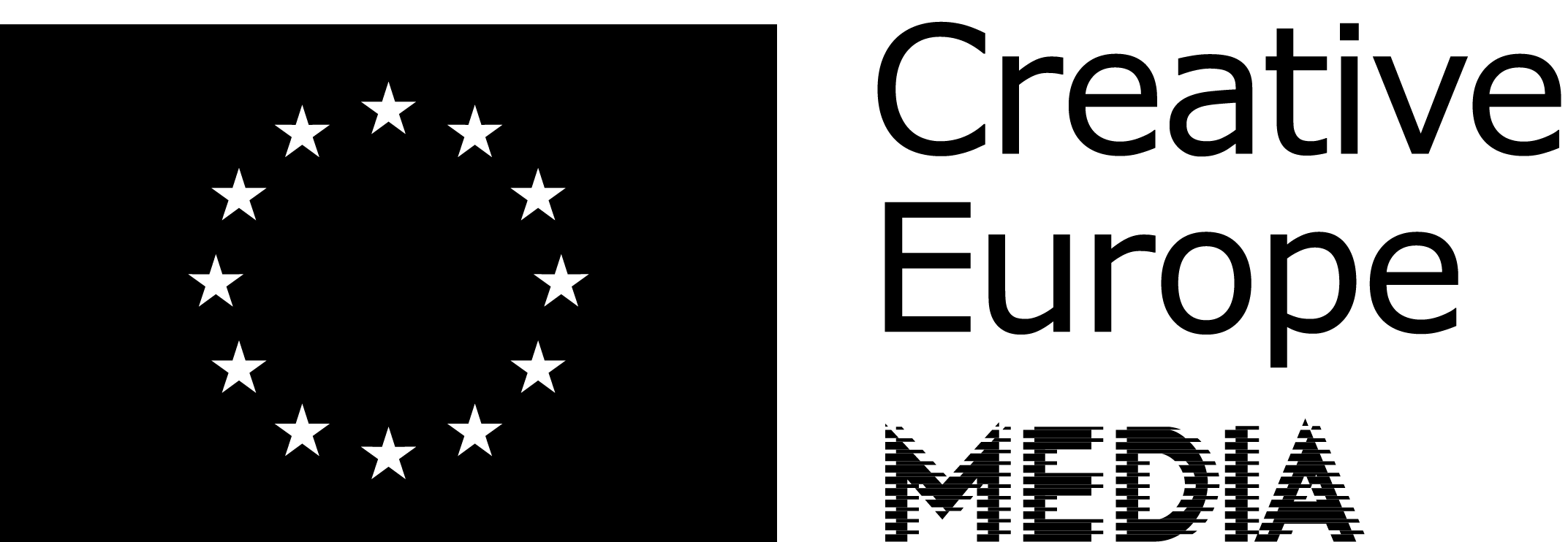
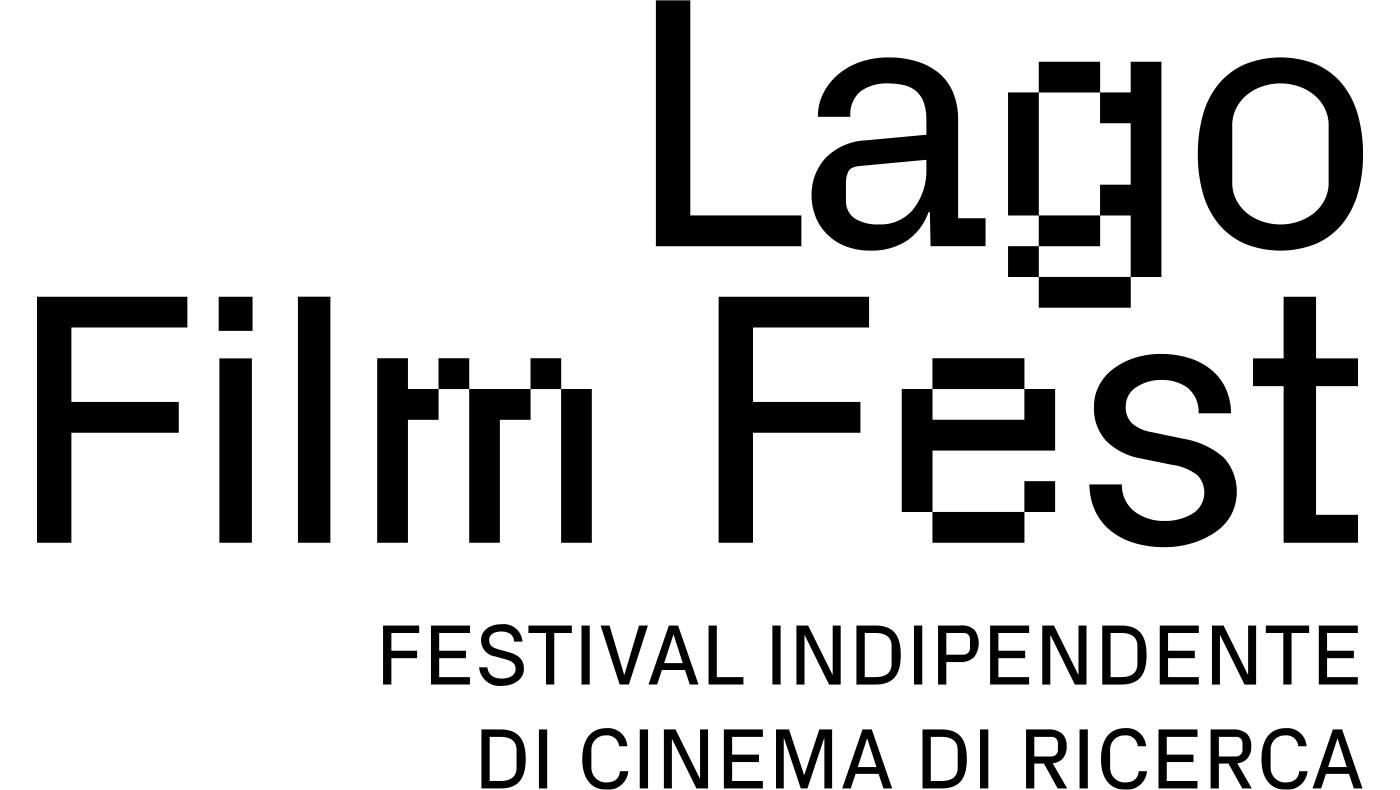

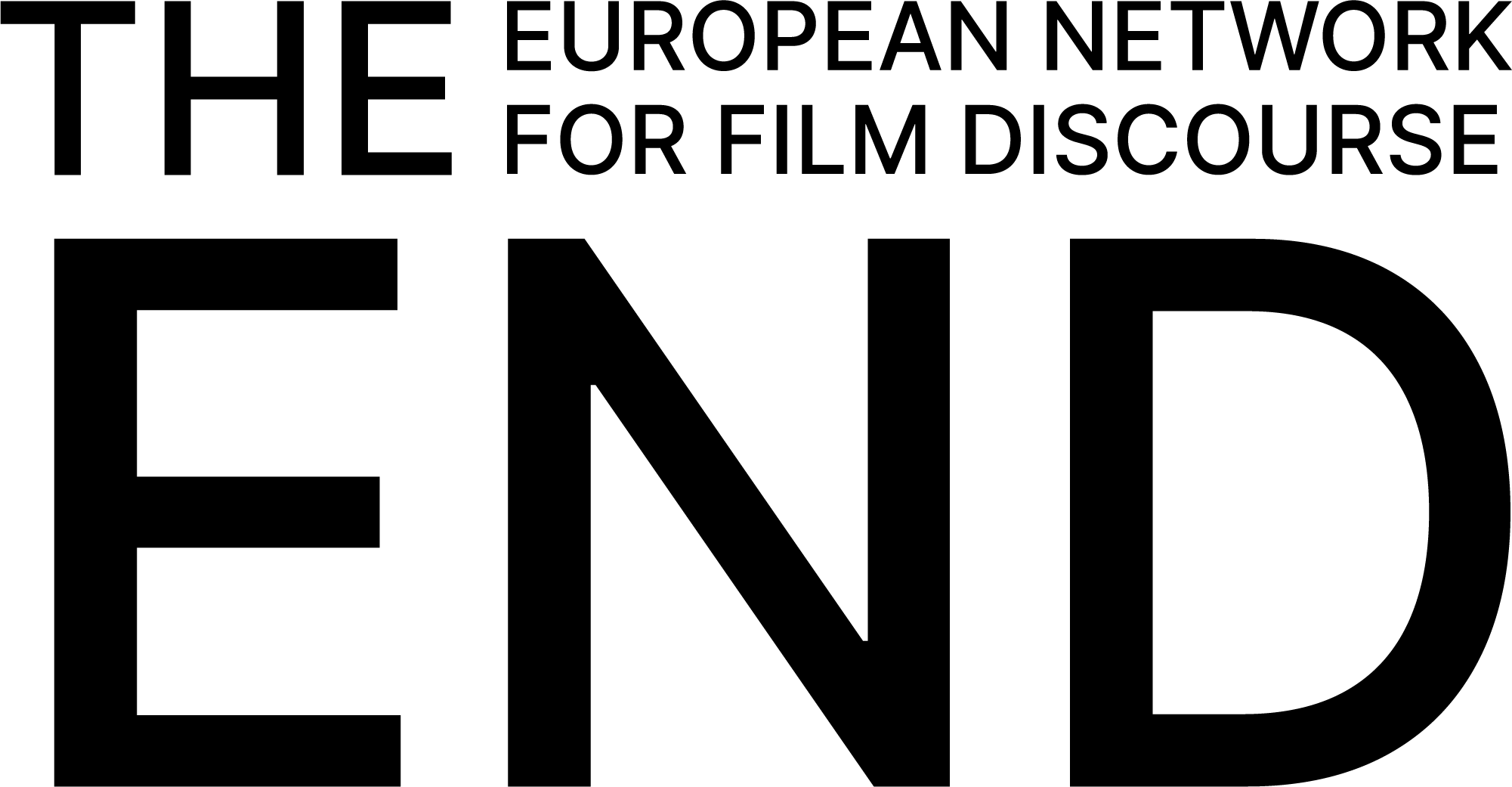
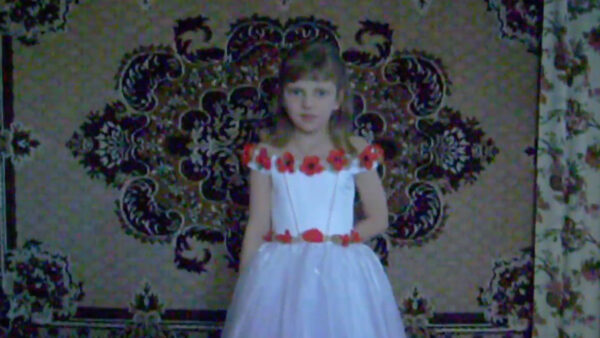
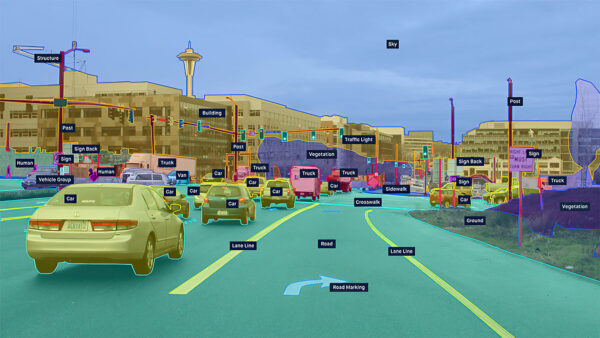
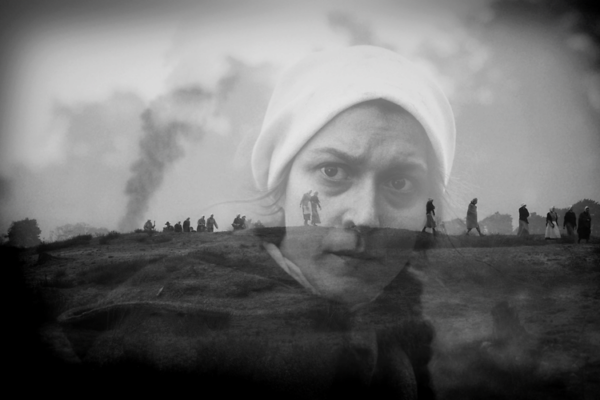

There are no comments yet, be the first!